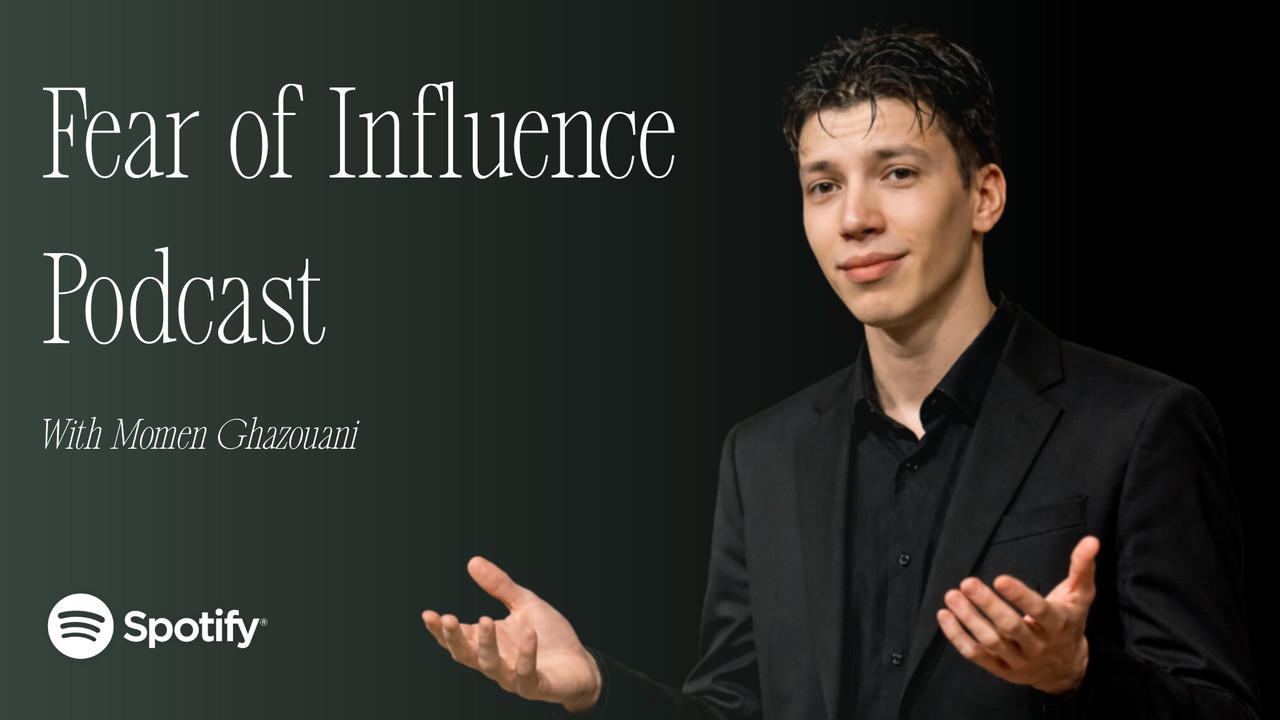Imagine two different scenarios where a manager interacts with an employee in a corporate setting. Both stories revolve around a promotion, but the approach taken by the manager in each case varies significantly
Scenario 1: A Standard Process
In a typical corporate environment, a monthly meeting is held, during which performance metrics are reviewed. Based on these assessments, the manager decides to promote one of the employees and awards them a bonus. The meeting concludes, and the employee begins preparing to take on the responsibilities of their new role. This is a standard promotion process — procedural and efficient, but lacking personal engagement
Scenario 2: A Personal Touch
In contrast, another manager takes a different approach. This manager personally invites the employee into their office and starts the conversation by asking about their well-being, their family, and any challenges they may be facing. The discussion is not limited to performance metrics but includes the employee’s personal journey and highlights. The manager then shows the employee how their efforts have significantly improved the company’s performance and expresses genuine gratitude for their hard work. As the employee prepares to leave, believing the meeting was solely to acknowledge their contributions, the manager surprises them by handing over a formal promotion letter. The letter includes a personal note: "Because you deserve it… Congratulations on your promotion
Now, let’s consider which of these employees is likely to have stronger loyalty to the company.
Which one will believe in the organization’s values, goals, and leadership style ?
Which employee will be more motivated to give their best in the tasks at hand ?
Most likely, the second employee
This personal approach has a profound impact, making the employee feel valued not just for their work but as a person. Denise Morrison, the CEO of Campbell Soup, once said:
“A leader is someone who brings a bit of magic to the moment ”
Being a leader isn't just about following procedures—it's about crafting moments, being creative, and building meaningful connections with your team. In the long run, these moments foster loyalty, deeper engagement, and a sense of belonging that cannot be achieved through formal processes alone
Conclusion : Why Personal Recognition Matters
In the fast-paced corporate world, it's easy to get caught up in numbers, metrics, and deadlines. However, truly great leaders understand that people are the heart of any organization. By taking the time to connect on a personal level, recognizing employees as more than just a part of the machine, and celebrating their successes with sincerity, leaders can cultivate loyalty, inspire commitment, and drive their teams to reach new heights
Always remember : Be a creator of moments, a master of style, and stay closer to your employees than they ever expect. This approach not only enhances performance but builds a stronger, more united workforce that believes in the company's mission and future.
Key Takeaways :
Employee loyalty is driven not just by rewards but by personal recognition and emotional connection
Creative leadership builds trust and long-term commitment.
Personal engagement with employees enhances their belief in the company’s values and goals
By applying these principles, managers can transform routine interactions into opportunities for deeper connection, creating a workplace culture where everyone feels valued and motivated to contribute their best

